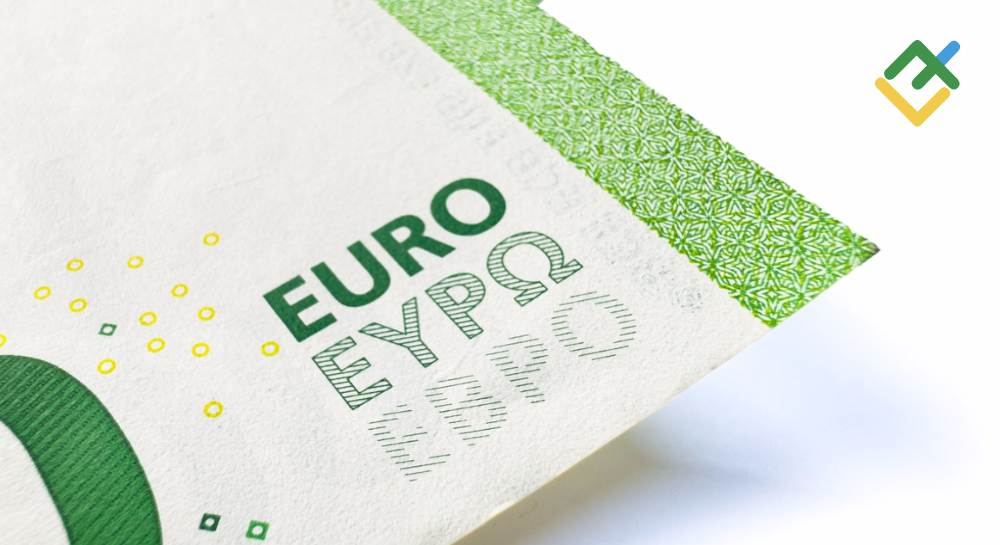The financial space is reeling from the political
chaos in South Korea, which has caused the Korean won to fall against the US dollar
and extended its impact to the crypto space.
The development also poses a potential impact on the region’s already struggling forex and CFD space. The sector currently
operates under tight regulations amid cases of stock manipulation.
South Korean President Yoon Suk Yeol declared martial law, citing the urgent need to protect the nation from what he described as anti-state forces and North Korean communist threats, the KoreaTimes, among several other international media houses, reported.
Yoon’s actions have since caused widespread
controversy, raising questions about its potential impact on South Korea’s
democracy and economic stability.
Martial Law in South Korea
Yoon emphasized that this emergency measure was vital
to safeguarding South Korea’s constitutional order, promising that it would ensure the continuation of the nation’s freedom and democracy. However, this decision has
caused tension between the presidency and the Parliament.
Additionally, the decision has caused a serious economic impact on the country. South Korea’s won tumbled against the U.S. dollar,
reaching its lowest point since 2022. The currency dropped to 1,420 won per dollar,
reflecting a broader sense of instability in the financial markets. The
volatility in the won prompted wider market reactions, with the euro recovering
from its recent losses, Reuters reported.

The speaker of South Korea’s parliament has reportedly
declared the move invalid, and lawmakers voted to reject it. Tensions reportedly escalated when military personnel attempted
to enter the parliamentary building to impose martial law.
Impact on the Financial Space
Even as the political landscape in South Korea remains volatile, the extent to which recent developments could affect the forex and CFD space remains to be seen. Recently, local securities firms that had suspended CFD
trading in June due to alleged stock manipulation schemes reportedly resumed
service under tighter regulations.
However, the companies Meritz Securities Korea, Kyobo Securities, Eugene Investment, and Yuanta Securities reportedly resumed trading under new rules aimed at preventing manipulation. Additionally, individual investors must now meet
stricter criteria to qualify for CFD trading, including a higher monthly
balance requirement of 300 million won.
Yoon criticized the main opposition party, the
Democratic Party of Korea, for exercising their legislative powers in a way
that endangered South Korea’s national governance.
The financial space is reeling from the political
chaos in South Korea, which has caused the Korean won to fall against the US dollar
and extended its impact to the crypto space.
The development also poses a potential impact on the region’s already struggling forex and CFD space. The sector currently
operates under tight regulations amid cases of stock manipulation.
South Korean President Yoon Suk Yeol declared martial law, citing the urgent need to protect the nation from what he described as anti-state forces and North Korean communist threats, the KoreaTimes, among several other international media houses, reported.
Yoon’s actions have since caused widespread
controversy, raising questions about its potential impact on South Korea’s
democracy and economic stability.
Martial Law in South Korea
Yoon emphasized that this emergency measure was vital
to safeguarding South Korea’s constitutional order, promising that it would ensure the continuation of the nation’s freedom and democracy. However, this decision has
caused tension between the presidency and the Parliament.
Additionally, the decision has caused a serious economic impact on the country. South Korea’s won tumbled against the U.S. dollar,
reaching its lowest point since 2022. The currency dropped to 1,420 won per dollar,
reflecting a broader sense of instability in the financial markets. The
volatility in the won prompted wider market reactions, with the euro recovering
from its recent losses, Reuters reported.

The speaker of South Korea’s parliament has reportedly
declared the move invalid, and lawmakers voted to reject it. Tensions reportedly escalated when military personnel attempted
to enter the parliamentary building to impose martial law.
Impact on the Financial Space
Even as the political landscape in South Korea remains volatile, the extent to which recent developments could affect the forex and CFD space remains to be seen. Recently, local securities firms that had suspended CFD
trading in June due to alleged stock manipulation schemes reportedly resumed
service under tighter regulations.
However, the companies Meritz Securities Korea, Kyobo Securities, Eugene Investment, and Yuanta Securities reportedly resumed trading under new rules aimed at preventing manipulation. Additionally, individual investors must now meet
stricter criteria to qualify for CFD trading, including a higher monthly
balance requirement of 300 million won.
Yoon criticized the main opposition party, the
Democratic Party of Korea, for exercising their legislative powers in a way
that endangered South Korea’s national governance.
This post is originally published on FINANCEMAGNATES.


